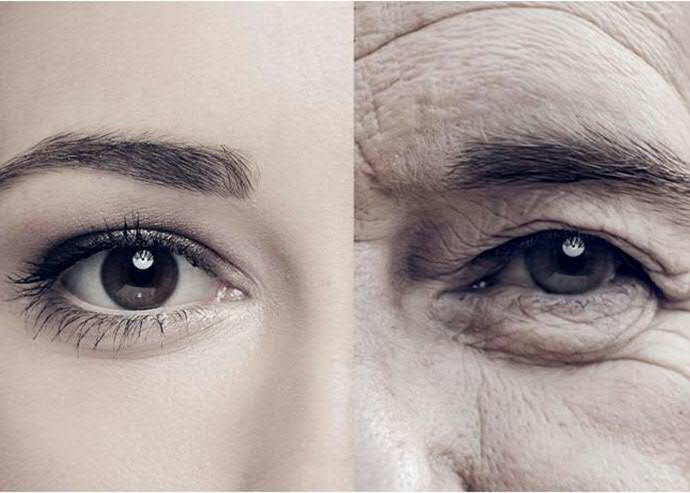RUG biedt gratis online cursus ‘Why Do We Age? The Molecular Mechanisms of Ageing’

Het European Research Institute for the Biology of Ageing (ERIBA) van de Rijksuniversiteit Groningen en het UMCG start op 1 juni 2015 met een gratis online cursus over Verouderingsbiologie. De Engelstalige cursus gaat in op vragen zoals: “Waarom worden we ouder?”, “Is er een grens aan de menselijke levensverwachting?” en “Kunnen we onze levensduur verlengen?”. Deelnemers maken in deze cursus kennis met actuele theorieën en concepten uit de verouderingsbiologie en bestuderen de moleculaire processen die zich binnen verouderende cellen afspelen.
Meer informatie over de inhoud van de cursus en aanmeldingsprocedure zijn te vinden op de website van FutureLlearn, waarop ook een korte introductiefilm bekeken kan worden. De Rijksuniversiteit Groningen heeft vorig jaar een partnerschap gesloten met het online platform FutureLearn. Dit is inmiddels de vierde cursus die in het kader van dat partnerschap gerealiseerd wordt.
Meer informatie
Contact: Dr. Marianna R. Bevova
European Research Institute for the Biology of Ageing
Universitair Medisch Centrum Groningen, Rijksuniversiteit Groningen
Meer nieuws
-
26 februari 2026
Vici-beurs voor hoogleraar Neurologie Marieke Wermer
-
17 november 2025
Kunstmatige intelligentie in de zorg
-
04 november 2025
AI-Fabriek in Groningen zorgt voor digitale soevereiniteit
